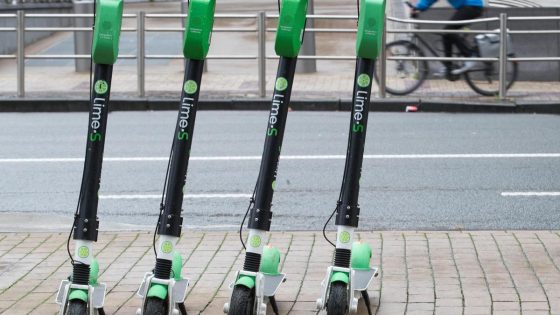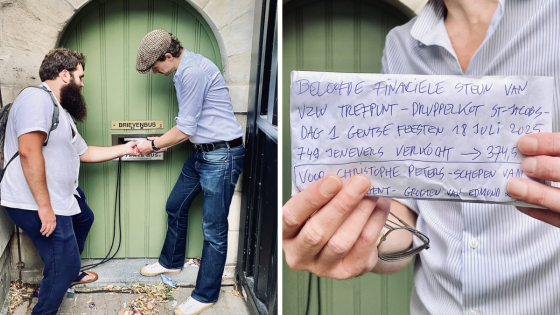Brussels’ new regulations on shared scooters have stirred debate across the city. The Brussels-Capital Region recently limited shared scooter rentals to Bolt and Dott, aiming to curb the rampant growth of these vehicles. This decision, effective as of 2025-07-02 23:41:00, has significant implications for operators and users alike.
- Brussels restricts shared scooters to Bolt, Dott
- VOI and Lime continue until license expiry
- Council of State suspends Brussels decision
- Lime denied suspension of operational ban
- Minister demands Lime respects license expiration
- Drop zones established for pedestrian safety
While Bolt and Dott secured exclusive rights to rent out shared scooters, Lime and VOI challenged the restrictions in court. Although VOI can still offer shared bikes, Lime’s license is set to expire on July 2. The Council of State suspended the regional government’s decision in April 2024 but refused Lime’s request to pause the ban until a full review.
What does this mean for Brussels commuters and the future of micro-mobility? Let’s break down the key points.
Why has Brussels taken such a firm stance on shared scooters? The city prioritizes pedestrian safety and accessibility, especially for people with disabilities. The move also addresses clutter and misuse of scooters on sidewalks. Key takeaways include:
- Exclusive scooter rental rights granted to Bolt and Dott after a competitive selection process
- Lime must halt its scooter services immediately after license expiry on July 2, 2025
- VOI retains the right to offer shared bicycles but not scooters
- The regional government enforces drop zones and limits operators to improve safety and comfort for all road users
As Brussels moves forward, will other cities adopt similar regulations? Residents and visitors alike should stay informed about evolving mobility rules to ensure safe, convenient travel. The city’s focus on structured micro-mobility solutions promises a more accessible and enjoyable urban experience.































